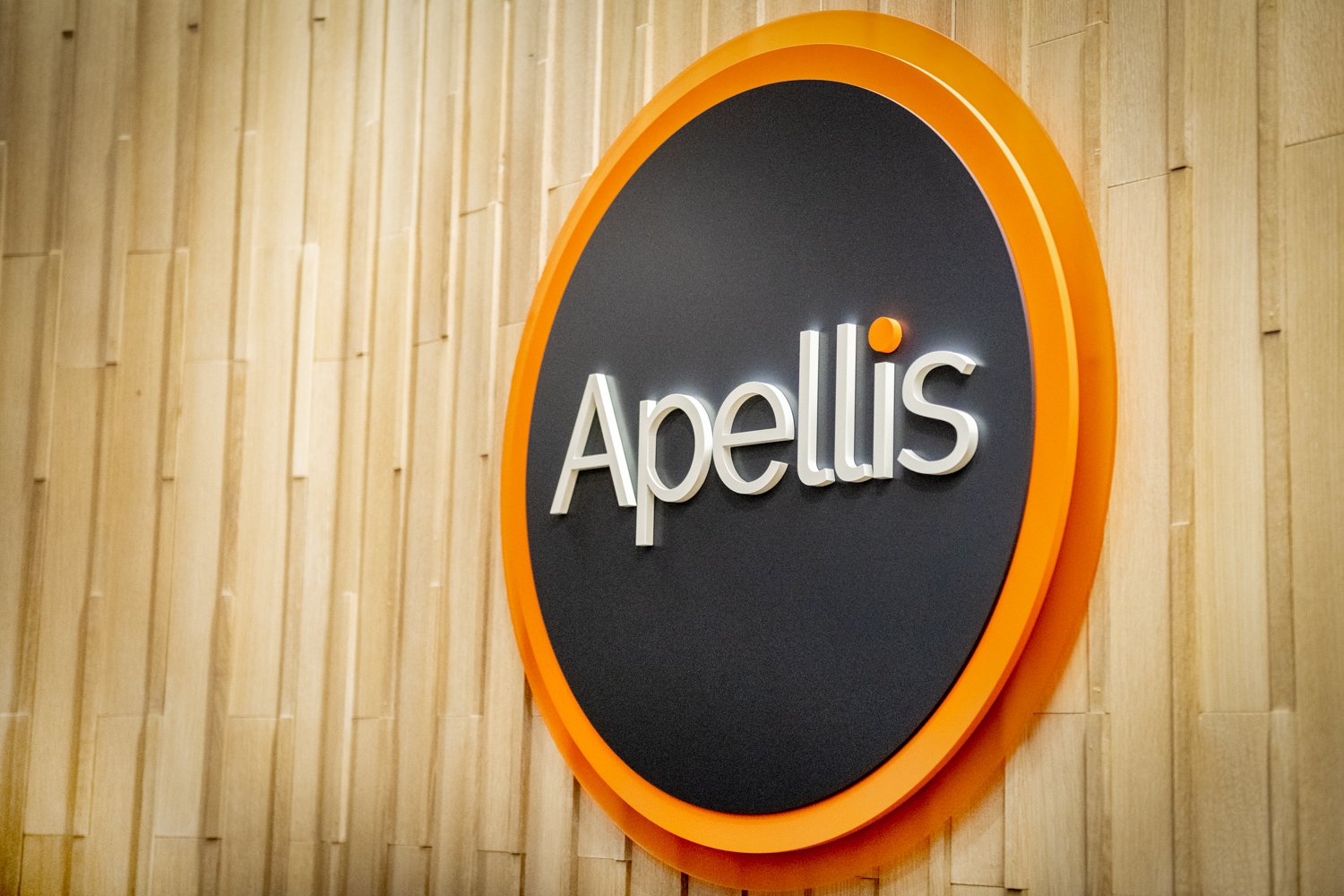Apellis lays off 25%, culls preclinical programs to free up cash for Syfovre's growth
2023-08-29
临床3期

Preview
来源: FierceBiotech
Apellis is discontinuing preclinical work on a C3 inhibitorC3 inhibitor called APL-1030 and a bispecific C3 and VEGF inhibitorand VEGF inhibitor called APL-2006.
According to the biotech, the significant corporate restructuring has been initiated with the aim of driving growth in Syfovre, an injectable form of a drug called pegcetacoplan that scored a historic geographic atrophy (GA) nod from the FDA in February and went on to generate $85.7 million in sales by the end of June.
The company “remains focused on supporting the continued strong U.S. commercial launch” of the injection, while also awaiting an expected European approval decision in early 2024, it explained in the Tuesday morning release.
“We are taking important actions to strengthen our ability to invest in growth opportunities and support the company's long-term success, including maximizing the significant opportunity with Syfovre,” CEO Cedric Francois, M.D., Ph.D., said in the release. “As a more focused organization, we believe these initiatives put Apellis in a stronger position to create value for shareholders and continue delivering on our mission for patients now and in the future.”
It means that Apellis is discontinuing work on APL-1030, a first-in-class, brain-active C3 inhibitorC3 inhibitor that was being investigated for neurological diseases. Also being discarded is APL-2006, a bispecific C3 and VEGF inhibitor that was being assessed for the treatment of GA and wet age-related macular degeneration (AMD).
In addition, Apellis aims to reduce expenses resulting from its approved paroxysmal nocturnal hemoglobinuria (PNH) drug Empaveli, a systemic form of pegcetacoplan. The company plans to create a “more focused commercial and medical PNH organization,” and said it no longer plans to “initiate any new clinical development programs with systemic pegcetacoplan.” Preclinical research into Empaveli and sRNA is also being canned.
Instead, the company will prioritize the development of Empaveli in two rare kidney diseases called immune complex membranoproliferative glomerulonephritis and C3 glomerulopathy. A topline readout of a phase 3 trial assessing both indications is expected next year.
A collaboration with Beam to create new gene-editing treatments for complement-driven diseases will also be unaffected by the changes, Apellis said.
Still, the pipeline changes are enough to send around 225 employees—25% of the biotech’s workforce—heading for the exits. Field-based commercial and medical employees will be “minimally affected” by the layoffs, which Apellis expects to be substantially completed in the third quarter.
The layoffs alone are expected to bring in net savings of around $70 million through 2024, with a further $230 million clawed back due to the pipeline changes and “elimination of planned external expenses.”
While the biotech aims to create a leaner entity that can maximize the potential of Syfovre, the drug’s U.S. rollout hasn’t gone off without a hitch. In mid-July, the American Society of Retinal Specialists issued a letter to doctors flagging cases of eye inflammation and six reports of occlusive retinal vasculitis in patients who received the drug.
Apellis subsequently launched its own investigation into the issue, and last week announced that it had uncovered eight events of retinal vasculitis in total, including five occlusive and three non-occlusive. The company has a hunch that these events were caused by “variations” in the 19-gauge filter needle included in certain Syfovre injection kits, and has recommended that healthcare providers discontinue use of these specific kits for the time being.
更多内容,请访问原始网站
文中所述内容并不反映新药情报库及其所属公司任何意见及观点,如有版权侵扰或错误之处,请及时联系我们,我们会在24小时内配合处理。
适应症
热门报告
立即开始免费试用!
智慧芽新药情报库是智慧芽专为生命科学人士构建的基于AI的创新药情报平台,助您全方位提升您的研发与决策效率。
立即开始数据试用!
智慧芽新药库数据也通过智慧芽数据服务平台,以API或者数据包形式对外开放,助您更加充分利用智慧芽新药情报信息。




